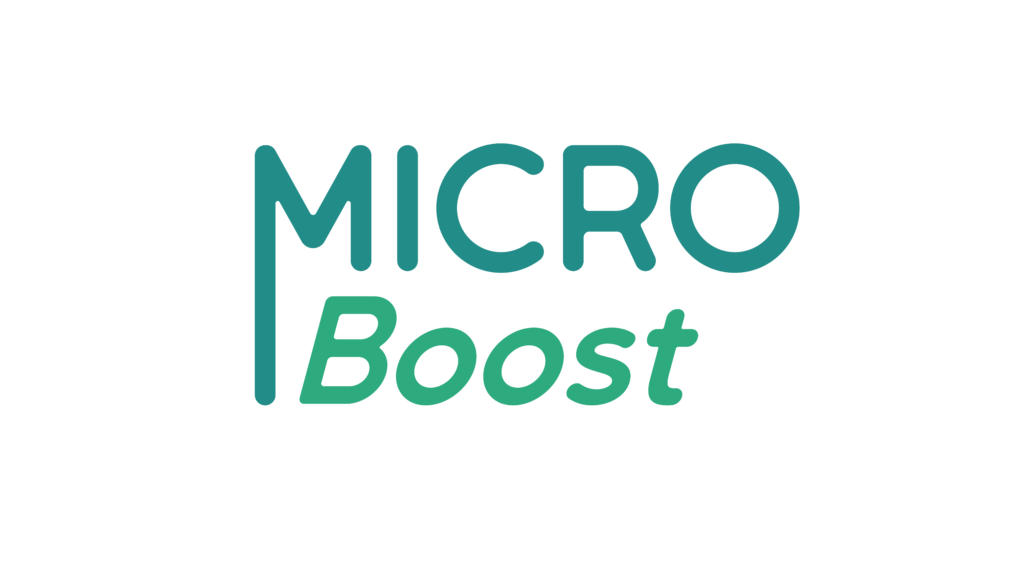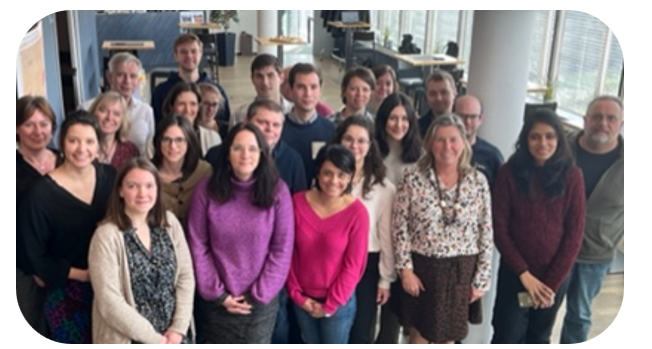
The ambition of the MICROBoost project is to develop innovative and sustainable approaches based on human, animal and plant microbiota to boost the nutritional, functional and organoleptic quality of foodstuffs.
The human intestinal microbiota consists of all the micro-organisms that colonise our digestive system. It is made up of some 10,000 billion bacteria, divided into 800 to 1,000 different species, the majority of which are beneficial to health.
The MICROBoost project is developing breakthrough methodological, technological, scientific and digital innovations in response to the issues and challenges facing Walloon companies in the microbiotics sector (prebiotics, probiotics, symbiotics and fermented foods).
Methodological breakthrough: development of analytical methods for the “volatolome”. The volatolome refers to the set of volatile metabolites in the air exhaled by humans and animals or generated in fermenters. This analysis will enable us to characterise the interactions between the microbiota, food and the host.
Technological breakthrough: development of innovative microbiotics.
Scientific breakthrough: assessment of the effects of microbiotics on human and animal health in the
context of obesity and inflammation.
Digital breakthrough: development of digital tools for monitoring dietary behavior and personalized
nutrition through the digitization of nutritional, biological, and environmental data.


